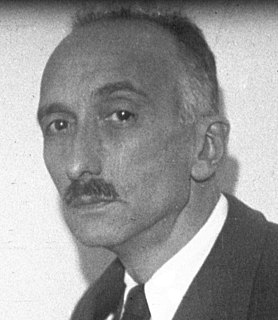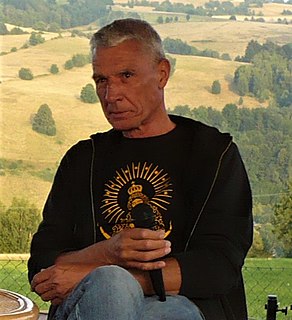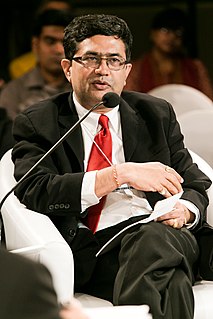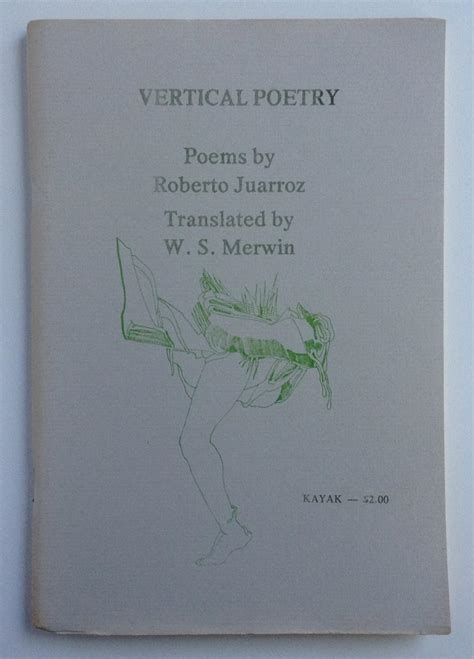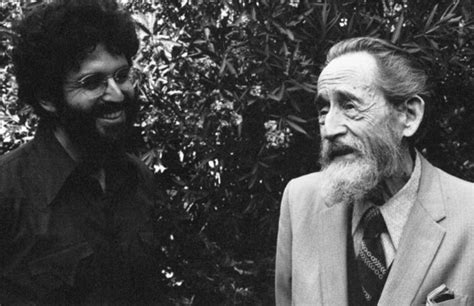A Quote by Francois Mauriac
A cemetery saddens us because it is the only place of the world in which we do not meet our dead again.
Related Quotes
The greatest responsibility in this world that God has laid upon us is to seek after our dead. The apostle says, 'They without us cannot be made perfect'; for it is necessary that the sealing power should be in our hands to seal our children and our dead for the fulness of the dispensation of times-a dispensation to meet the promises made by Jesus Christ before the foundation of the world for the salvation of man.
Today, the reason we haven't found our grail, the key to who we are as women, is because we look for it in worlds of false power, the very worlds that took it away from us in the first place. Neither men nor work can restore our lost scepter. Nothing in this world can take us home. Only the radar in our hearts can do that, and when it does, ... 'We will light up like lamps, and the world will never be the same again.'
But that Franklin trip changed me profoundly. As I believe wilderness experience changes everyone. Because it puts us in our place. The human place, which our species inhabited for most of its evolutionary life. That place that shaped our psyches and made us who we are. The place where nature is big and we are small.
Most of us need to be reminded that we are good, that we are lovable, that we belong. If we knew just how powerfully our thoughts, words, and actions affected the hearts of those around us, we'd reach out and join hands again and again. Our relationships have the potential to be a sacred refuge, a place of healing and awakening. With each person we meet, we can learn to look behind the mask and see the one who longs to love and be loved.
Only one same reason is shared by all of us: we wish to create worlds as real as, but other than the world that is. Or was. This is why we cannot plan. We know a world is an organism, not a machine. We also know that a genuinely created world must be independent of its creator; a planned world (a world that fully reveals its planning) is a dead world. It is only when our characters and events begin to disobey us that they begin to live.
The one and only formative power given to man Is thought. By his thinking he not only makes character, but body and affairs, for as he thinketh within himself, so is he. Prejudice is a mist, which in our journey through the world often dims the brightest and obscures the best of all the good and glorious objects that meet us on our way.
But again and again, we should reflect back to the darkness of the cocoon. In order to inspire ourselves forward, we must look back to see the contrast with the place we came from. You see, we cannot reject the world of the cocoon - which out which we may create a new cocoon. When we see the suffering that occured in the old cocoon, that inspires us to go forward in our journey of warriorship. It is a journey that is unfolding within us.
The essential purpose of astrology is not so much to tell us what we will meet on our road, as it is to suggest how to meet it – and the basic reason for the meeting. Which quality in us, which type of strength is needed to go through any specific phase of our total unfoldment as an individual person.
